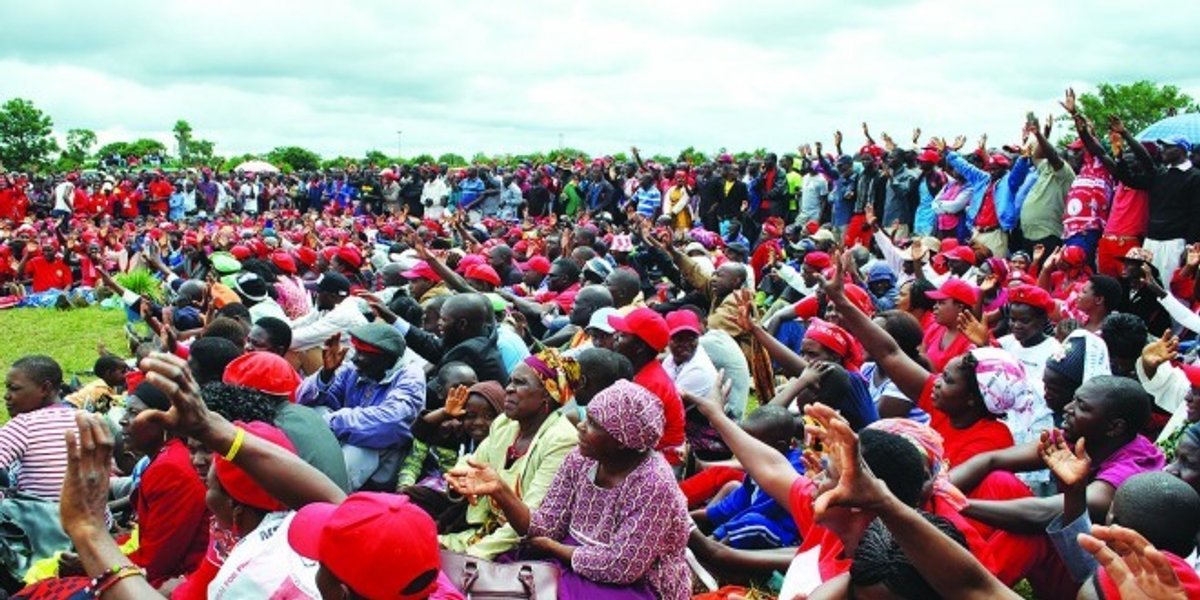Lands, Agriculture, Water, Climate and Rural Resettlement minister Perrance Shiri has announced the approval of a US$10 million Green Climate Fund (GCF), which is set to benefit 50 000 people in Masvingo and Rushinga districts through projects dealing with the effects of climate change and mitigation.
Shiri made the announcement at a Press conference in Mutare on Monday soon after the signing of Buzi Trans-Boundary River Basin Bilateral Agreement with Mozambique.
The project dubbed, Integrated Climate Risk Management for Food Security and Livelihoods, was jointly developed by the ministry and the World Food Programme
(WFP).
This is Zimbabwe’s first concrete project to be submitted and approved by the GCF and was approved on July 7 at the 23rd Green Climate Fund Board meeting held
in Songdo, South Korea.
The project took 18 months to be approved, which is fairly fast by GCF standards.
“The reasons for the speedy approval is partly due to the clarity of the climate issues raised in the project, low social and environmental risks and the size
of the project, hence the submission through the simplified approval process,” Shiri said.
“The project emanates from the observation that the Zimbabwean economy is heavily reliant on rain-fed agriculture, thus making the livelihoods of its rural
communities highly vulnerable to climate change. The project aims at directly supporting long-term adaptation to the effects of climate change and variability such as increased temperatures, erratic rains, prolonged droughts and more frequent floods.”
Shiri expressed confidence that the project would strengthen the capacity and systems to support national and community adaption and management of climate
risk, based on climate forecasts and information.
WFP representative Lorenzo Bosi said: “We have currently been approved to look at Masvingo and Rushinga districts after a calamity of natural disasters. Lives
of people are at high risk and thus this fund will, for the next four years, look at the most vulnerable people and communities, including women and girls, as
well as their health and well-being, food and water
security.”
Zimbabwe also received another US$100 million for development of a national Climate Change Learning strategy.






